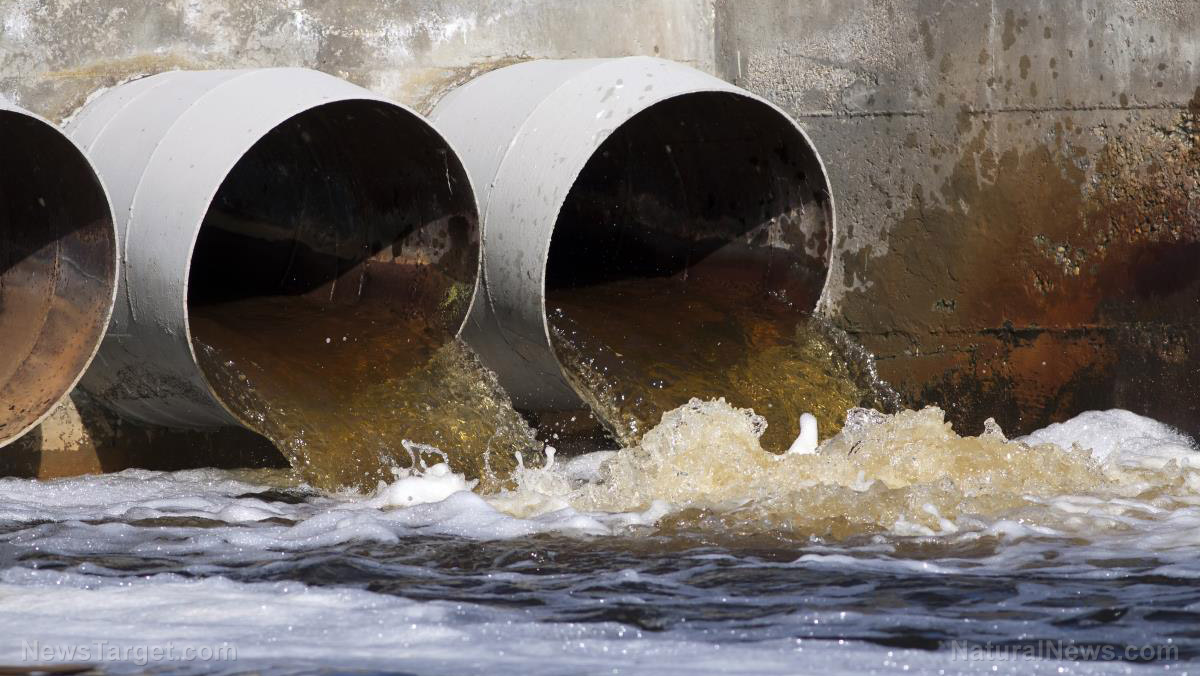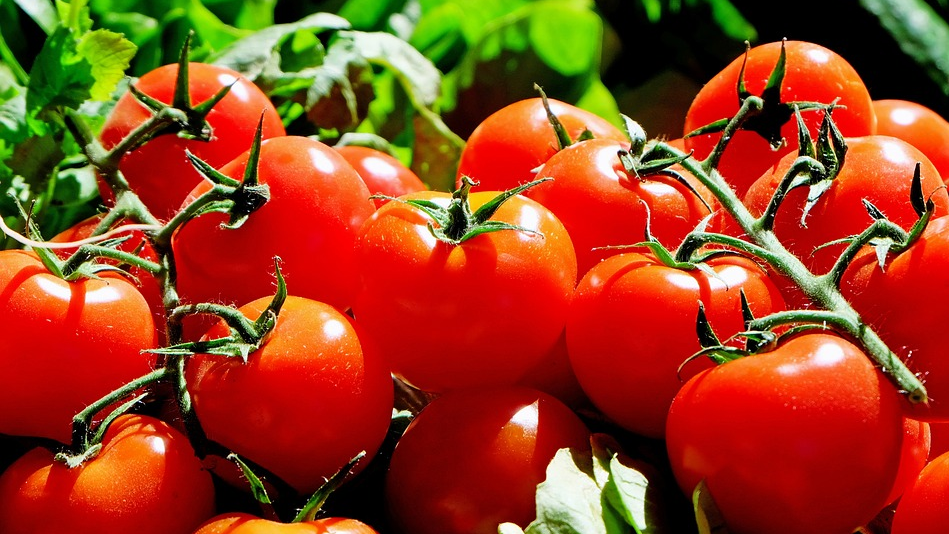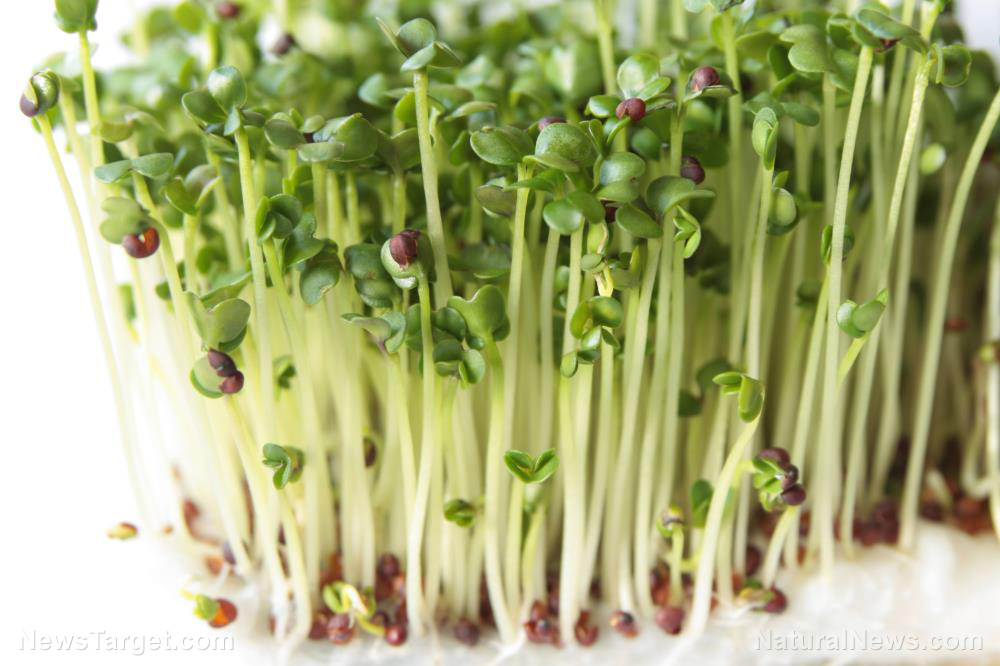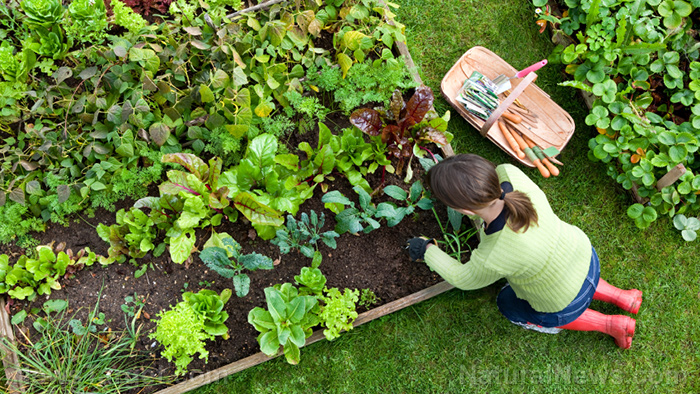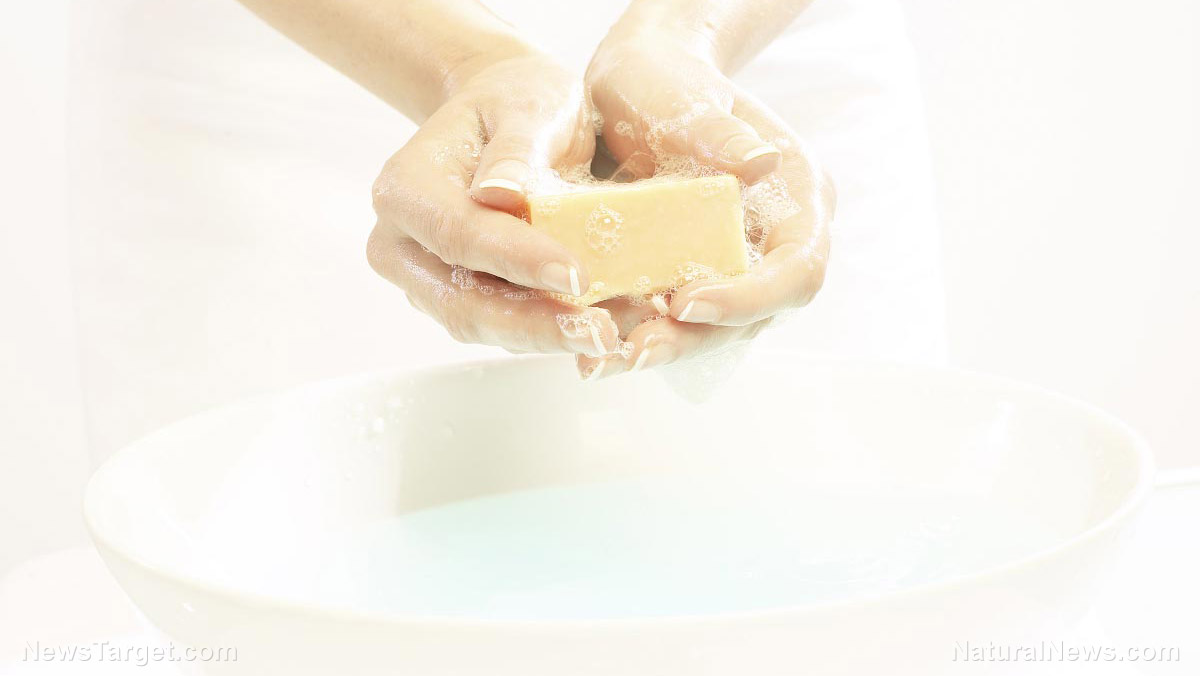Prepper essentials: 15 Uses of cooking oil that you may not know about
11/28/2022 / By Zoey Sky

Prepping isn’t all about doom and gloom. Most of the time, it’s about preparing for worst-case scenarios and thinking of the many uses of common household items.
For example, something like cooking oil can be used to polish furniture or clean leather.
You can use any type of cooking oil, but vegetable oil is the cheapest and most frequently used cooking oil in American homes.
Detailed below are 15 uses of cooking oil that you may not know about. (h/t to SurvivalSullivan.com)
Birdbath or duck pool maintenance
Keep birdbaths or duck pools mosquito-free by adding a cupful of clean cooking oil into the water.
The oil will also help prevent birdbaths, duck pools or plastic garden ponds from freezing.
Car cleaner
Add a tiny bit of cooking oil to a cloth to clean the vinyl, leather and plastic portions of your car.
Rub cooking oil onto exterior areas to loosen and remove tar.
Moisturizer
You can also use cooking oil to moisturize chapped or cracked skin. The cooking oil can help heal the cracked skin and the protective oily layer can help prevent further cracking.
It’s best to use coconut oil and almond oil if you need a moisturizer, but you can use other kinds of cooking oil that you have on hand.
Herbal remedies
Cooking oil, especially almond, arnica, coconut and olive oils, can be used as base ingredients for homemade herbal salves, lip balms, ointments and liniments.
Home and barn lubricant
Cooking oil can be used as a lubricant for many needs around the house, barn and homestead in general. Rub a bit of cooking oil on almost anything that would normally require WD40.
Use cooking to fix hay baler chains, rusty carabiners, squeaky hinges and spigots that are difficult to turn.
Leather cleaning and preservation
Wipe a small amount of cooking oil onto leather belts, purses, boots, outerwear and other goods to help soften extremely brittle leather and to restore its appearance.
You only need half a teaspoon of cooking oil to soften and restore an adult-sized cowboy boot.
Lock cleaning
Do you have stuck locks? Squirt or slowly pour a tiny amount of cooking oil into a lock to draw out any debris and rust that is preventing it from turning properly.
Cleaning outdoor furniture
Use cooking oil to clean and add a protective coating to wicker, rattan and grapevine outdoor furniture or decor.
Apply a thin coating of cooking oil to help protect the furniture or decor from the weather, especially from cracking in extreme heat. Mix equal parts of cooking oil and white vinegar for best results.
Use new cooking oil since oil used to fry meat can attract animals and insects.
Plant care
Cooking oil can be used to create a natural plant spray. Combine one cup of vegetable oil and half of a cup of warm water.
Spray the cooking oil mixture onto plants to help deter and get rid of scale bugs and other plant pests. The heavy oil will smother bugs after trapping them beneath the spray.
Removing labels
If you upcycle glass jars for canning or storage, use cooking oil to remove sticky labels.
Soak the jars with labels in a bowl filled with cooking oil for at least 10 minutes. Once done, the label should slide right off without leaving any sticky residue.
Wash the jars with hot soapy water before using or storing them.
Removing splinters
Apply cooking oil over a splinter to help soften the skin and make it easier to pull the splinter particles to the surface.
If the splinter is inside a finger, hand, toe or foot, pour cooking oil into a bowl or bucket and soak the body part for about 10 to 15 minutes.
Alternatively, you can soak some clean cotton fabric scraps or cheesecloth in the oil and wrap it around an injured area that is hard to soak.
Soap ingredient
Cooking oil can be used as a base ingredient in homemade soap, especially herbal soaps. (Related: 5 Ordinary household items that have many survival uses.)
Stainless steel polishing
Wipe down fingerprints and gunk left on stainless steel appliances, kitchen or butcher shop countertops and cutting tools with a bit of cooking oil on a clean cloth.
It’s best to use cooking oil for this purpose since rancid or used cooking oil may spread debris or potential bacteria onto cooking appliances or surfaces.
Separating stuck plastic cups
Separate plastic cups or glassware that are stuck together after washing or storage with a teaspoon or less of cooking oil.
Pour the oil along the rim of the stuck plastic or glassware and let it drip down inside for at least five minutes. Pull the cups apart gently and the items should slip apart.
Restoring wood furniture
Restore and repair wood furniture, decor or rifle stalks with a bit of cooking oil. Combine vinegar and cooking oil to polish things like a butcher block or other old, scratched furniture to make it look almost new.
Use coconut oil to restore wood items. The oil can help diminish the appearance of marks or scratches on the wood and it will make it very shiny without leaving an oily sheen.
Stock up on cooking oil so you have access to a handy item for polishing and cleaning when SHTF.
Check out SurvivalGear.news to learn more about other items with many survival uses.
Watch the video below to know more about the best oils for cooking.
This video is from the Natural Cures channel on Brighteon.com.
More related stories:
Natural healing: Survival uses for coconut oil.
Prepper must-haves: 10 Survival uses of hydrogen peroxide.
More than a beauty product: 10 Survival uses for lip balm.
Sources include:
Submit a correction >>
Tagged Under:
cooking oil, emergencies, gear, green living, homesteading, off grid, preparedness, prepper, prepping, survival, survival gear, Survival Tips
This article may contain statements that reflect the opinion of the author
RECENT NEWS & ARTICLES
COPYRIGHT © 2017 GREEN LIVING NEWS

